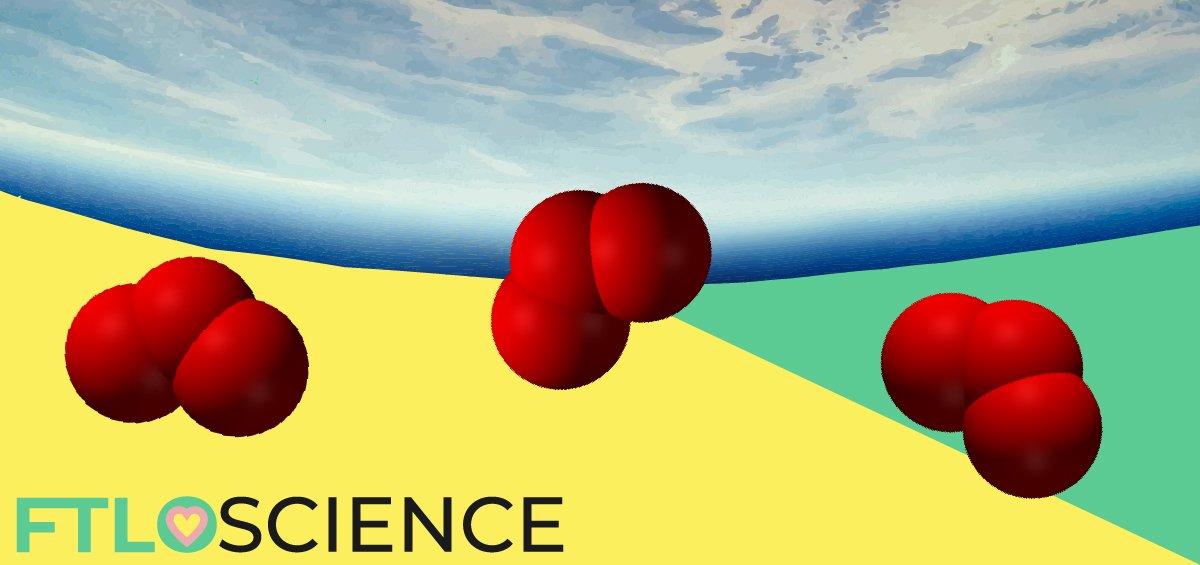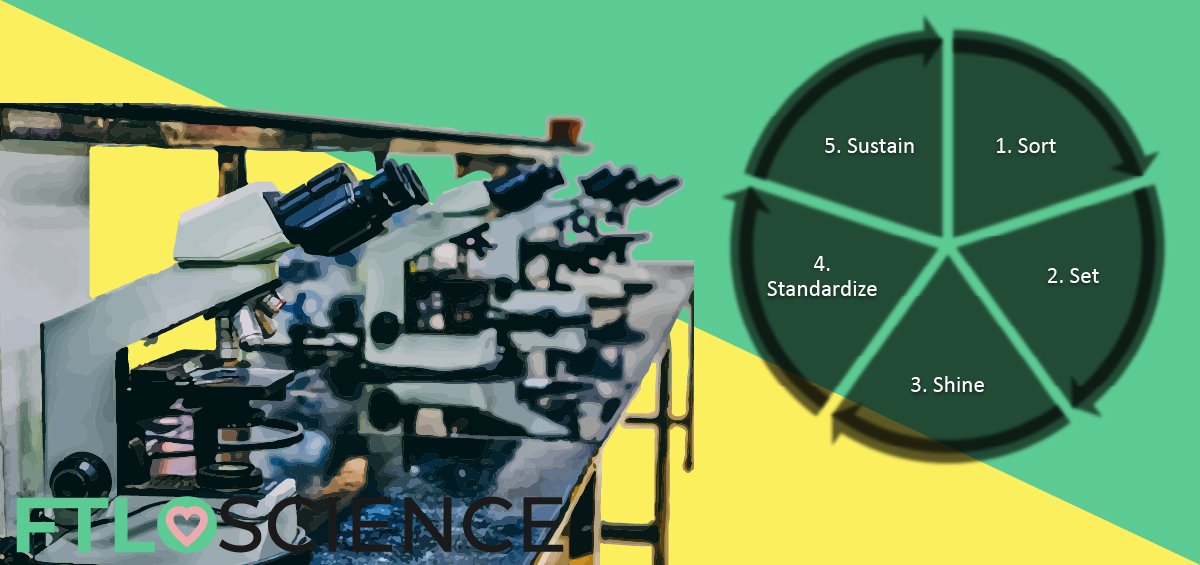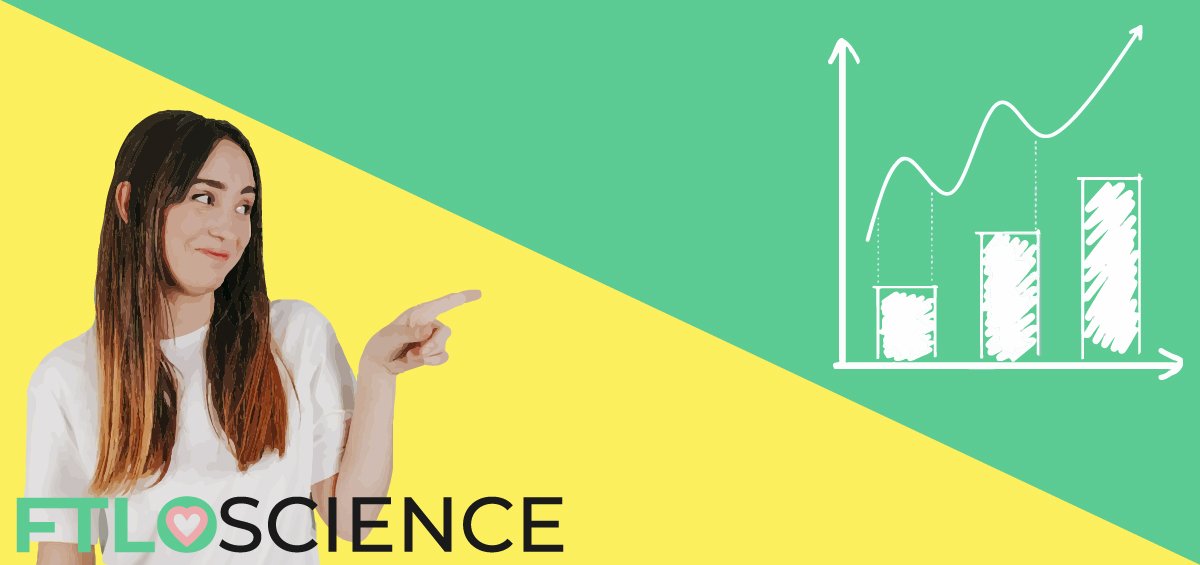Articles by Sean
Monoclonal Antibodies in Drug Development
The global monoclonal antibody market has an annual value of USD 100 billion, boasting blockbuster drugs such as Humira and Keytruda. Monoclonal antibodies are immune cells that have the ability to bind to very specific targets. By doing so, they can elicit a response against virtually any disease. Today, monoclonal antibodies are among the most successful candidates for the development of new drugs. How do they work? And what makes them so successful? […]
Ozone Chemistry in the Stratosphere
In 1985, British scientists Joe Farman, Jon Shanklin and Brian Gardiner reported that a growing ozone hole was present in the stratosphere above the South pole. This discovery directly led to the Montreal Protocol, resulting in worldwide bans of ozone-depleting substances. In recent years, however, ozone recovery is still slower than expected, suggesting their illegal manufacture. We take a look at the processes governing ozone chemistry, and the future of this protective layer. […]
Horseshoe Crabs Are Bloody Amazing
On the surface (of the beach), horseshoe crabs might not seem like interesting creatures. Armored crab-like stingrays that placidly slide across the sand, like forgotten relics of a lost age. But there is much more to this unassuming creature than meets the eye. For starters, if you’ve ever had a vaccine shot, then you already owe a debt of gratitude to these horseshoe crabs. For they have literally bled for you. The unique properties of their blue blood make them a truly remarkable asset to healthcare and medicine. […]
Organize Your Lab With the 5S Method
The 5S method gained popularity after the Toyota used 5S principles to successfully increase production while reducing costs. Today, we recognize that creating a tidy environment goes beyond the realm of car-making. Knowing how messy scientists can be, we look at how we can apply 5S in the laboratory to reduce waste and increase output! […]
Strong Inference Can Turn Your Research Into Results
Let’s face it, not all science is created equal (in terms of funding, anyway). The current reporting landscape, for example, has placed the spotlight on topics like biotechnology and gene engineering. Most fields of science are lucky to have a media mention once every few years, while others get press conferences and sensational news stories on a seemingly weekly basis. Scientists in these fields must be doing something right, so what can we learn about their approach to research? Strong inference may provide the answer. […]

Sean is a consultant for clients in the pharmaceutical industry and is a lecturer at a local university, where unfortunate undergrads are subject to his ramblings on chemistry and pharmacology.






